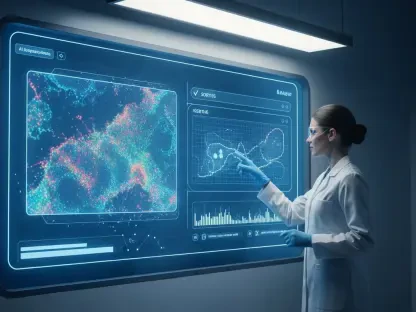The recent case involving Thomas Matthew Crooks, who attempted to assassinate former President Donald Trump, has brought to light a significant oversight in current AI systems. These platforms, including widely used ones like Google search, failed to flag alarming searches that could have indicated serious mental health issues or potential violent actions. This incident underscores the urgent need for artificial intelligence to improve its capability to recognize harmful behavior patterns and respond appropriately to prevent further threats.
Despite remarkable advancements in artificial intelligence, it remains apparent that there is a critical gap in the area of mental health detection that urgently needs addressing. Experts in forensic psychiatry and AI safety have pointed out that the current technology falls short in identifying and managing dangerous mental health conditions through online behavior. AI systems must evolve to include sophisticated mental health considerations, as this integration would significantly enhance both public safety and individual well-being, potentially preventing incidents like Crooks’ attempt.
The necessity for AI to detect and respond to harmful thought processes is becoming increasingly imperative. The growing consensus among mental health professionals and AI specialists highlights the fact that current systems are insufficient in recognizing signs of distress or danger. Addressing this gap would not only help avert possible threats but also provide support to individuals on the brink of experiencing severe mental health crises. The case of Crooks should serve as a wake-up call for the urgency to equip AI with advanced detection capabilities for mental health.









